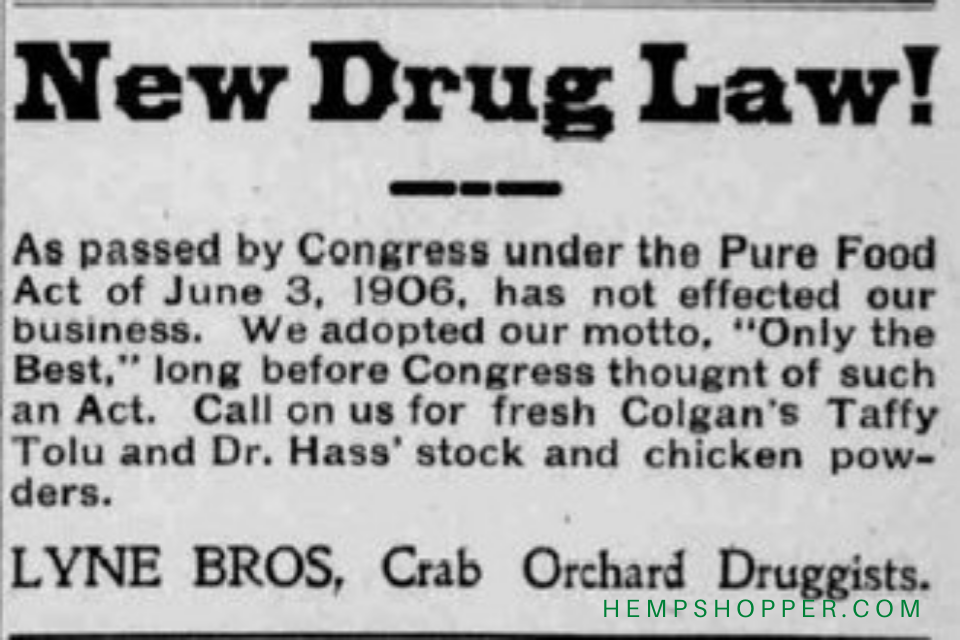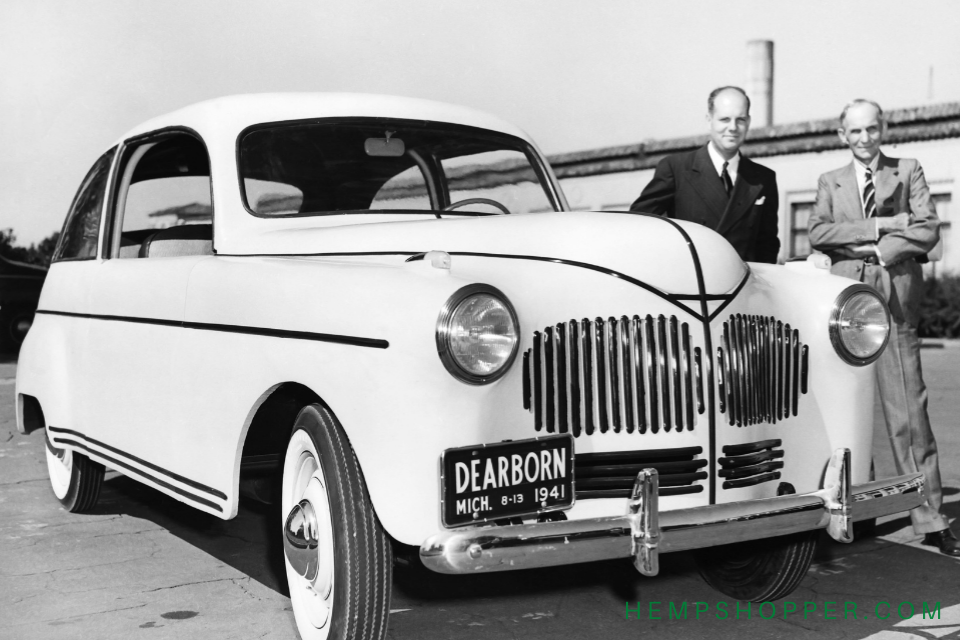1914: US Congress Passes Harrison Narcotics Act

1914: US Congress Passes Harrison Narcotics Act.
In the 1800s opiates and cocaine were mostly unregulated drugs. In the 1890s the Sears & Roebuck catalogue, which was distributed to millions of American homes, offered a syringe and a small amount of cocaine for $1.50.
The Harrison Narcotics Tax Act was a United States federal law that regulated and taxed the production, importation, and distribution of opiates. The act was proposed by Representative Francis Burton Harrison of New York and was approved on December 14, 1914.
“An Act To provide for the registration of, with collectors of internal revenue, and to impose a special tax on all persons who produce, import, manufacture, compound, deal in, dispense, sell, distribute, or give away opium or coca leaves
, their salts, derivatives, or preparations, and for other purposes.” The courts interpreted this to mean that physicians could prescribe narcotics to patients in the course of normal treatment, but not for the treatment of addiction. In an effort to secure a tax revenue, and reduce the number of the American populace that were addicted to opium (Up to 1 in every 400 individuals [1]), the drafters of the Act played on fears of “drug-crazed, sex-mad negroes” and made references to Negroes under the influence of drugs murdering whites, degenerate Mexicans smoking marijuana, and “Chinamen” seducing white women with drugs. [2]
Dr. Hamilton Wright, testified at a hearing for the Harrison Act. Wright alleged that drugs made blacks uncontrollable, gave them superhuman powers and caused them to rebel against white authority. Dr. Christopher Koch of the State Pharmacy Board of Pennsylvania testified that “Most of the attacks upon the white women of the South are the direct result of a cocaine-crazed Negro brain”. [3]
The use of the word ‘narcotics’ in the title to describe not just opiates but also cocaine, began a pandemic of misclassification that made a lasting impression on the language we use when talking about drugs. Until 1914, no drugs other than opiates could legitimately be referred to as ‘narcotics’. The beginning of the war on drugs also began an era of misinformation.
[1] MARSHALL, Edward (1911): Uncle Sam is the worst drug fiend in the world. New York Times. [2] How did we get here?. The Economist. July 26, 2001. www.economist.com [3] COCKBURN,Alexander and Jeffrey St. Clair (1998): Whiteout: The CIA, Drugs and the Press. Verso. Research and text © Hempshopper Amsterdam.


 Hempshopper Amsterdam
Hempshopper Amsterdam 






